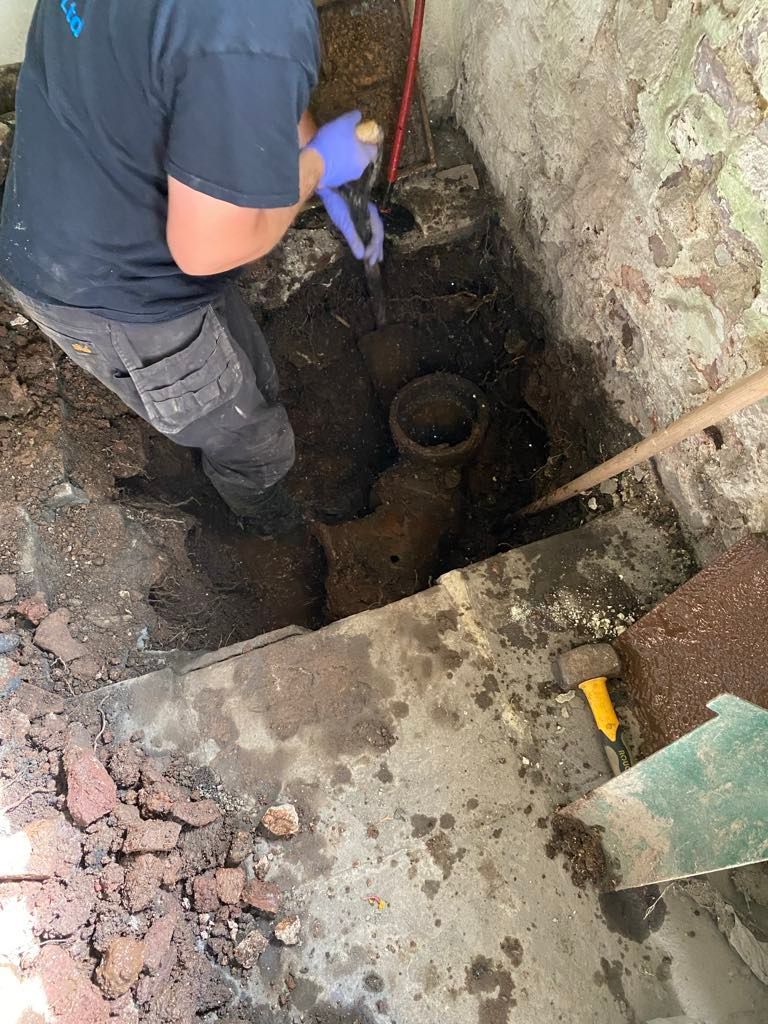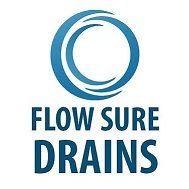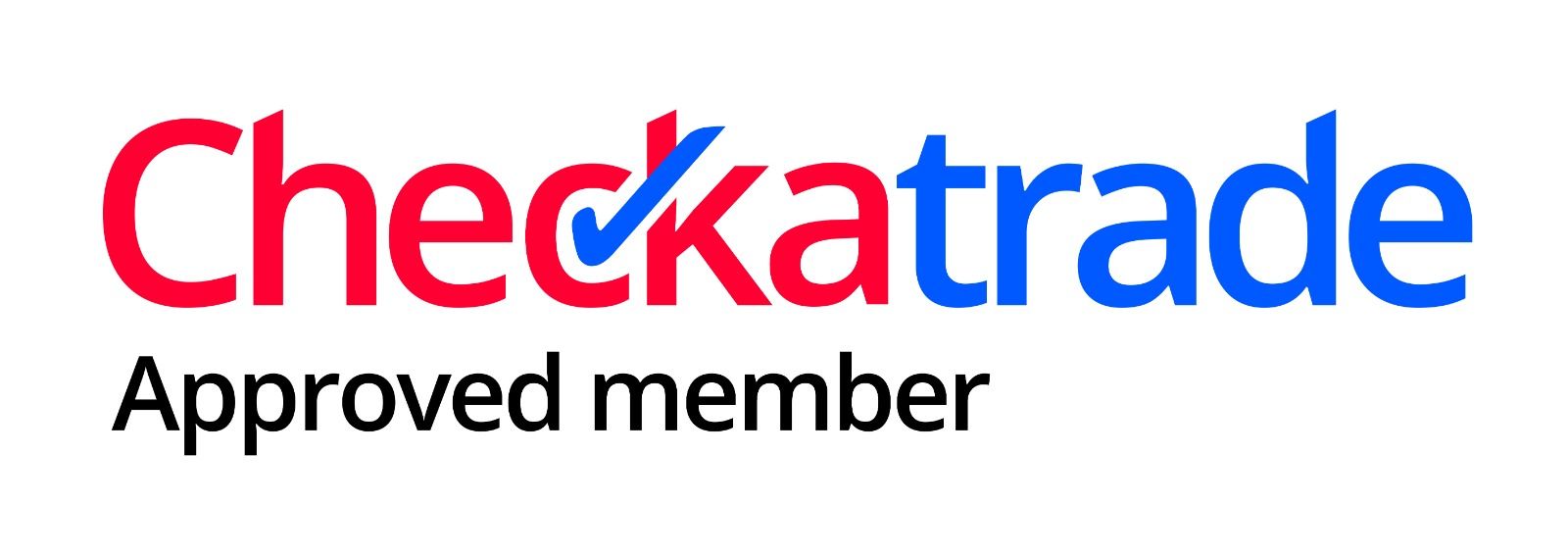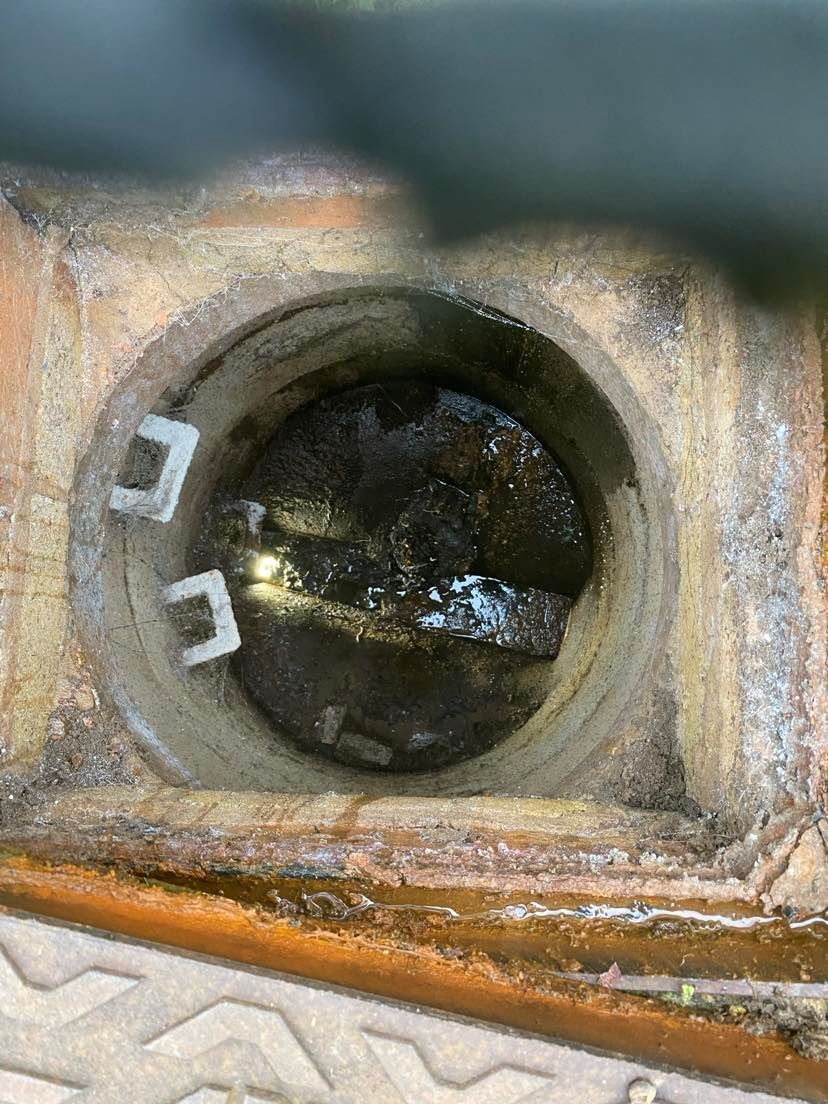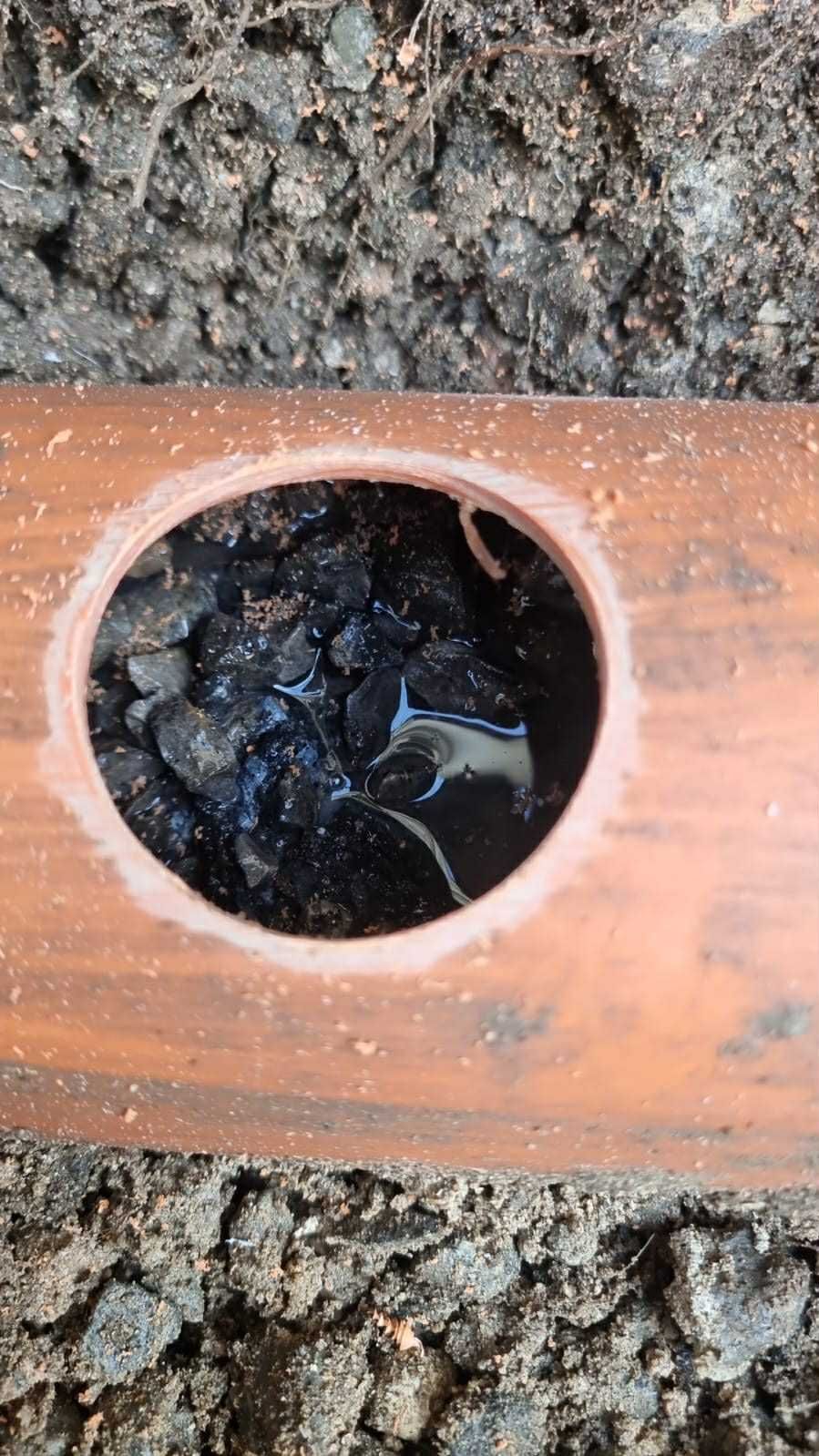Who is Responsible for Blocked Drains on Your Property
Do you have blocked Drains?
Blocked drains can be a frustrating and inconvenient issue for any property owner. Not only do they disrupt daily routines, but they can also lead to potential damage and health hazards if left untreated. One common question that arises when dealing with blocked drains is: Who is responsible for addressing this problem? In the UK, the responsibility for blocked drains depends on various factors, including the location of the blockage and the type of property ownership.
Local Authority Drains:
In the UK, many properties are connected to public sewer systems managed by the local water and sewage authorities. These sewer systems are responsible for carrying away waste and water from multiple properties. If the blockage occurs within these public sewer systems, the responsibility for clearing the blockage typically falls on the local water authority. They have the resources and expertise to handle such issues efficiently.
Private Drains:
When it comes to drains within the boundaries of your property, the responsibility usually lies with you as the property owner. Private drains, such as those leading from your house to the public sewer, are considered your responsibility. This includes any maintenance, repairs, and clearing of blockages that may occur within these private drains. Regular maintenance of these drains can help prevent blockages and ensure the smooth flow of wastewater.
Shared Drains:
In some cases, properties might share drains that run through multiple properties before connecting to the public sewer. Responsibilities for shared drains can vary and might be outlined in legal agreements or property deeds. It's essential to clarify these responsibilities with your neighbors and consult legal documents if necessary to determine who should take care of maintenance and blockage removal in shared drains.
Tenants vs. Landlords:
For rented properties, the responsibility for dealing with blocked drains depends on the terms of the tenancy agreement. In most cases, basic maintenance tasks, including the removal of blockages, fall to the tenant. However, if the blockage is a result of the tenant's negligence, they might be responsible for covering the costs of repairs. Landlords are generally responsible for ensuring that the property's drainage system is in proper working condition before a tenant moves in.
Preventing Blocked Drains:
Regardless of who is responsible for addressing a blocked drain, prevention is key. Regular maintenance can help avoid blockages and the associated hassles. Here are some preventive measures you can take:
- Dispose of Waste Properly: Avoid flushing items like wet wipes, sanitary products, cooking grease, and excessive toilet paper down the drain.
- Use Drain Guards: Placing drain guards over sinks and showers can help catch hair and larger debris, preventing them from entering the drains.
- Regular Cleaning: Routinely clean your drains using natural solutions like a mixture of baking soda and vinegar, followed by hot water. This can help keep your drains clear and odor-free.
- Professional Inspections: Consider scheduling regular professional inspections of your drainage system. Catching and addressing minor issues early can prevent major blockages in the future.
In conclusion, understanding who is responsible for blocked drains on your property in the UK is essential to ensure timely resolution of drainage issues. While public sewer blockages usually fall under the local water authority's jurisdiction, maintaining private drains is primarily the property owner's responsibility. Clear communication, regular maintenance, and proper waste disposal practices can go a long way in preventing blocked drains and maintaining a smoothly functioning drainage system.
If you're ever unsure about your responsibilities regarding blocked drains, consulting with drainage experts or legal professionals can provide the clarity you need.
Give Flow Sure Drains a call on 0117 9292755 for blocked drains and CCTV Drain Surveys
You might also like
